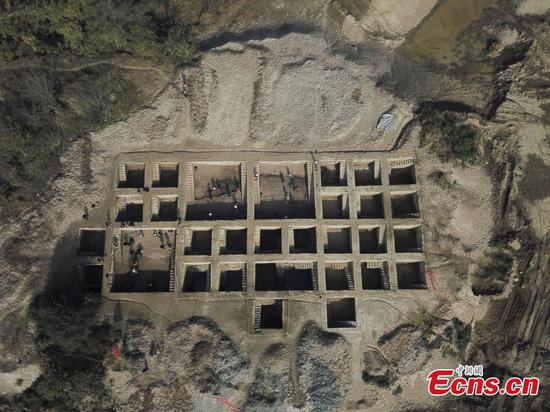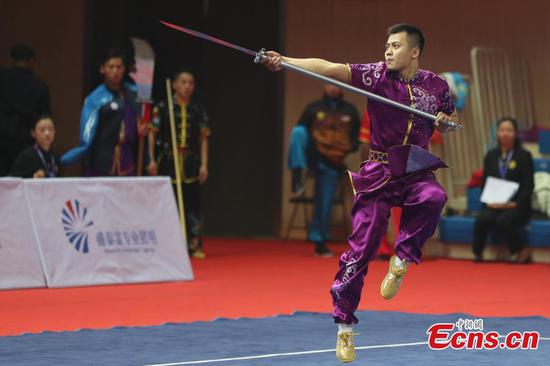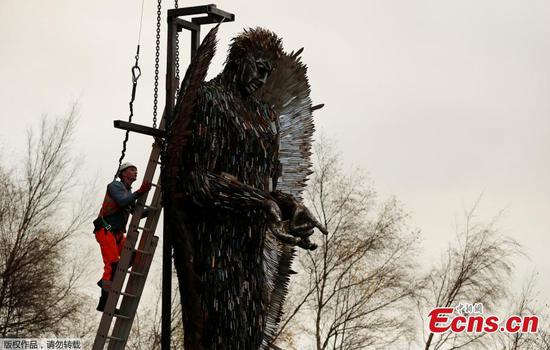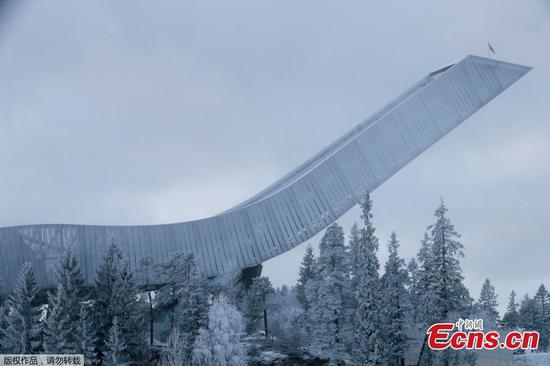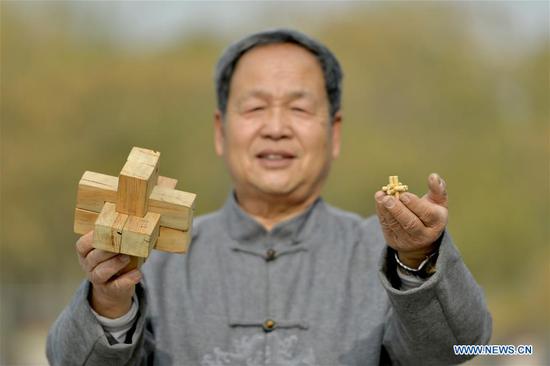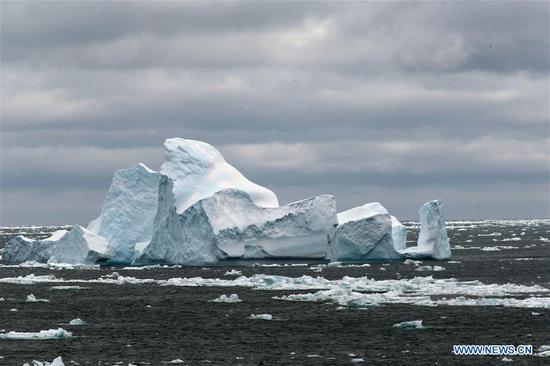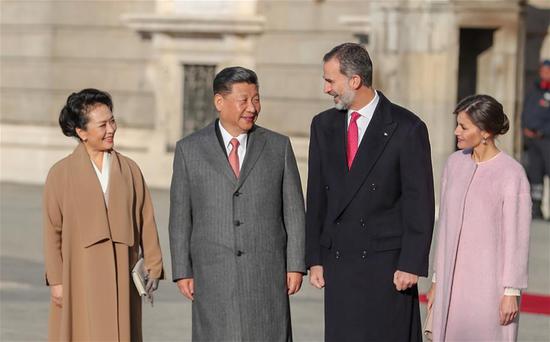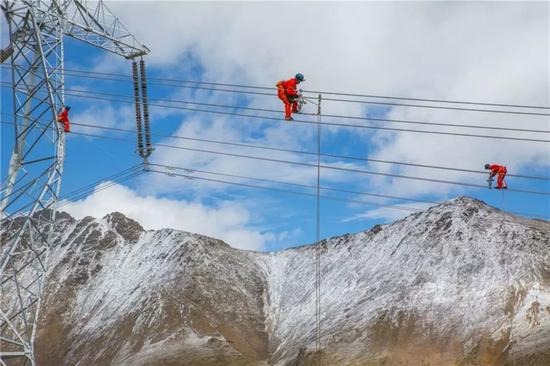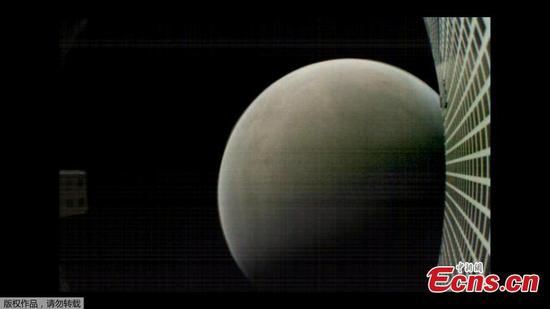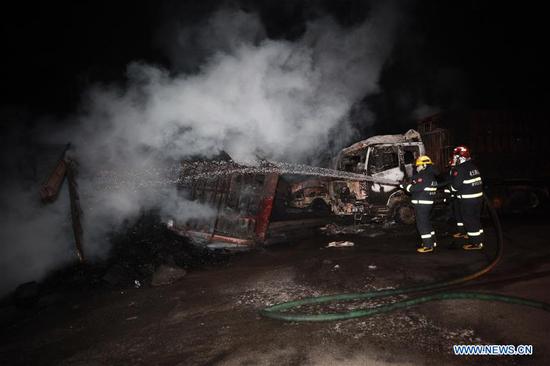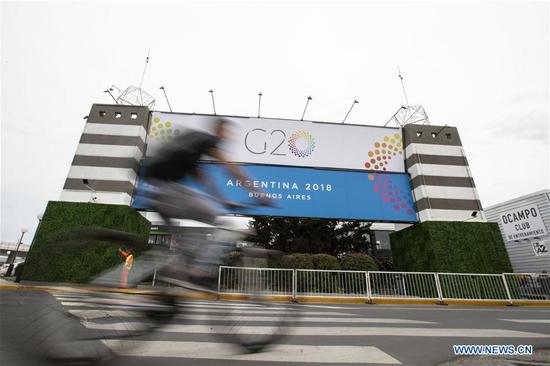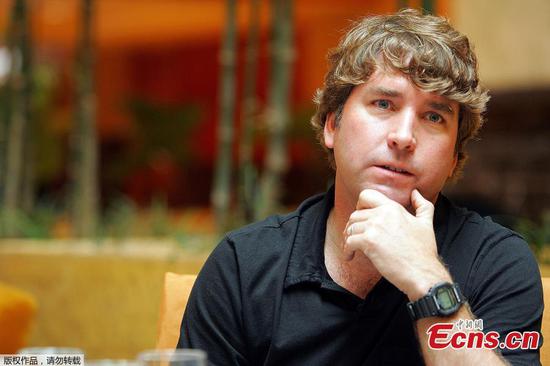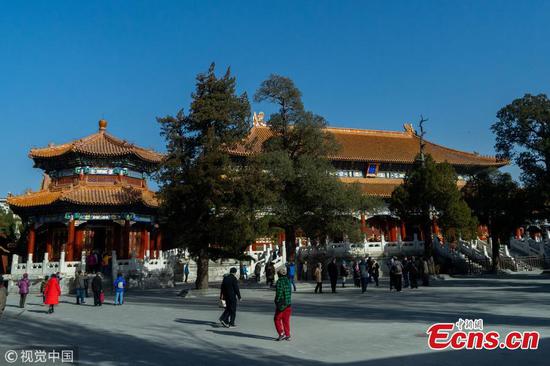Russia expressed disappointment at U.S. President Donald Trump's decision to cancel his meeting with Russian President Vladimir Putin in Argentina, saying that the move was a result of U.S. internal politics and lack of an agenda.
"We regret the U.S. administration's decision ... It meant the presidents' discussion on serious issues on the international and bilateral agenda has been postponed indefinitely," Kremlin spokesman Dmitry Peskov said Friday.
On Thursday, Trump tweeted that considering the unsolved Russia-Ukraine confrontation, it would be "best" to cancel his meeting with Putin, which was previously scheduled for Dec. 1 on the sidelines of the Group of 20 (G20) summit.
Russia on Sunday seized near the Kerch Strait three Ukrainian naval ships that allegedly breached the Russian border, although Kiev denied the allegations.
The White House reiterated Friday that the reason for cancelling meeting was Ukraine, adding that the ongoing Russia probe "probably does undermine" the U.S. relationship with Russia.
Despite Washington's repeated citing of the Kerch Strait incident, Russian experts believed that Trump used the tensions between Russia and Ukraine as a pretext for canceling the talks.
"If one really decided to come to an agreement on something, this incident could not have prevented the meeting," Russian political scientist Mikhail Sinelnikov-Orishak told Xinhua.
Russian experts were skeptical about the meeting from the very beginning. No breakthroughs were expected due to U.S. internal politics.
The fundamental difference between Russia and the United States in approaches to solving regional problems, such as the Syrian and Ukrainian issues, is another reason behind aborting the meeting.
"A meeting between Trump and Putin is only possible with prior coordination of positions and an agenda, which will allow discussing various kinds of issues and finding points of contact," said Nikita Danyu, deputy director of the Institute for Strategic Studies and Forecasts of Russia's RUDN University.
He noted that the only topic that could bring together the two leaders is global security, which includes Washington's plans to withdraw from arms control treaties.
However, the Trump administration has little interest in these issues, according to Pavel Zolotaryov, head of the Military and Political Research section of the Moscow-based Institute for United States and Canada Studies.
"U.S. President's National Security Affairs Assistant John Bolton is also not very inclined to deal with this problem, maybe only in the sense of getting rid of these treaties. He believes that the U.S. has no need of them," Zolotaryov said.
Despite disappointment, Putin is ready for dialogue with his U.S. counterpart, Peskov said Friday.
"On the Russian side, as they say, the president's hands are free, and he has a desire to establish interaction and cooperation," Zolotaryov said.










